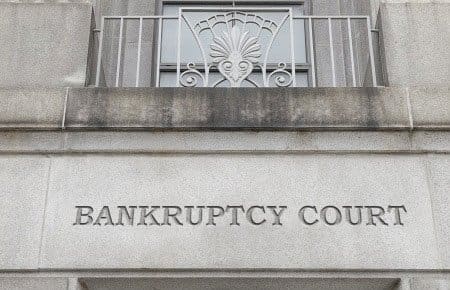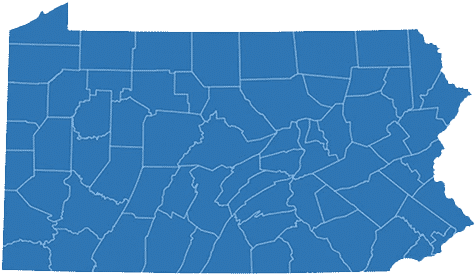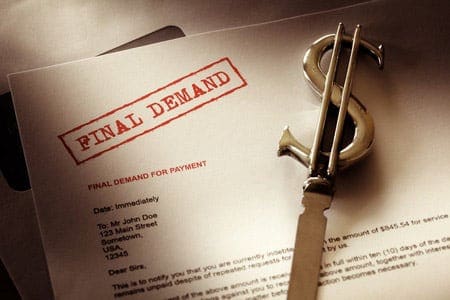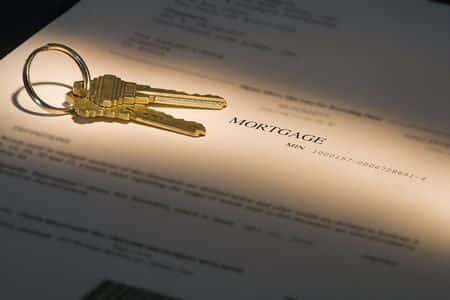Don’t Qualify for Chapter 7 Bankruptcy? Consider Chapter 13
Chapter 13 bankruptcy is a payment plan that allows you to pay back some, but not necessarily all, of your debt.
Chapter 13 is often a good solution for people who do not qualify for Chapter 7 because their incomes are too high (i.e., above the annual median income for a household of the same size). However, Chapter 13 is not limited to high-income earners.
If you are behind on payments to a secured creditor, such as a mortgage lender or car loan provider, Chapter 13 may allow you to keep your car or home.
How does Chapter 13 Bankruptcy work?
If you can afford to make your current payments and pay any accumulated back payments over a 36 to 60 month period, you can keep your house or car. As the debtor, you must first submit a repayment plan for Court approval. The repayment plan does not discharge your unsecured debt immediately, but allows you to develop a plan to repay secured debt and possibly some or all of your unsecured debt.

The repayment plan depends on your income and debt during the 36 to 60 month period. The plan is based on your income and how much disposable income you have remaining each month after paying all essential household bills.
An individual, husband and wife, or a self employed business owner with regular income may file a Chapter 13 bankruptcy in Pennsylvania provided your debt amounts to less than $394,725 of unsecured debts and $1,184,200 in secured debts.
Interested in learning more? Contact Harold Shepley and Associates today by calling 877-827-9006, or visit our Contact Us page.
Under Chapter 13, you have the Opportunity to:
- Reorganize your situation, possibly reducing certain secured debt,
- Reducing or eliminating unsecured debt,
- Surrendering certain assets,
- Rejecting or assuming certain leases,
- Removing judicial liens,
- Requiring utility companies to restore service,
- Stopping wage garnishments including the IRS,
- Reducing certain taxes,
- Stopping certain law suits, and
- Stopping foreclosures and sheriff sales
Another advantage of Chapter 13 is the possibility to modify or totally eliminate wholly unsecured second and third mortgages on your principal residence. You can also attempt to lower the principal balance of a first, second or third mortgage or modify the terms for real estate that is not your principal residence. Also, in certain situations you may be able to reduce the principal balance of your car debt, as well as the monthly payments.
Discharge Your Debt, a Fresh Start with Creditors
Once you have completed payments under the Chapter 13 plan, the Court will enter a discharge order which will allow you a fresh start with future creditors. This eliminates dischargeable debts, requiring creditors to remove the debts from your credit report, discontinue pending law suits, and dispose of debts as ongoing obligations.
Debts NOT dischargeable under Chapter 13 include:
- All domestic support obligations,
- Educational loans (except for undue hardship, injury or death caused by a debtor’s operation of a vehicle),
- Vessel or aircraft if debtor was intoxicated or impaired from use of alcohol, drugs or other substance,
- Certain criminal fines and restitution,
- Certain taxes,
- Debts incurred by fraud,
- Restitution or damages awarded in a civil action as a result of willful or malicious injury that caused personal injury or death of an individual.
Harold Shepley and Associates can Help
You aren’t alone. If you need help understanding Chapter 13 Bankruptcy in Pennsylvania, contact Harold Shepley and Associates, LLC. We have experience dealing with these situations every day. We are a full service law firm that is client-oriented and will work hard to meet your personal needs in resolving debt. Call us today at 877-827-9006, or complete our easy to use contact form. We’re ready to help.





